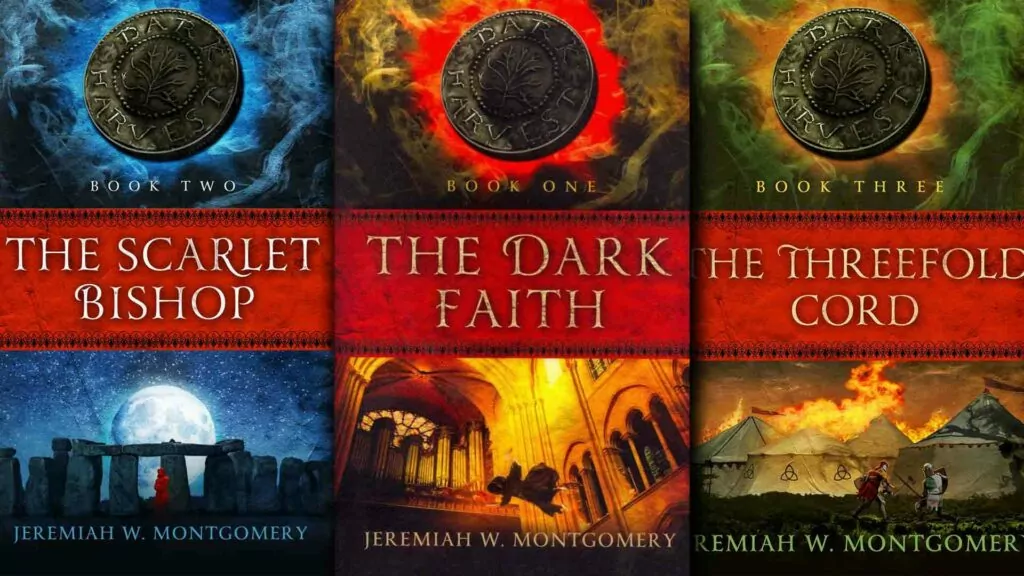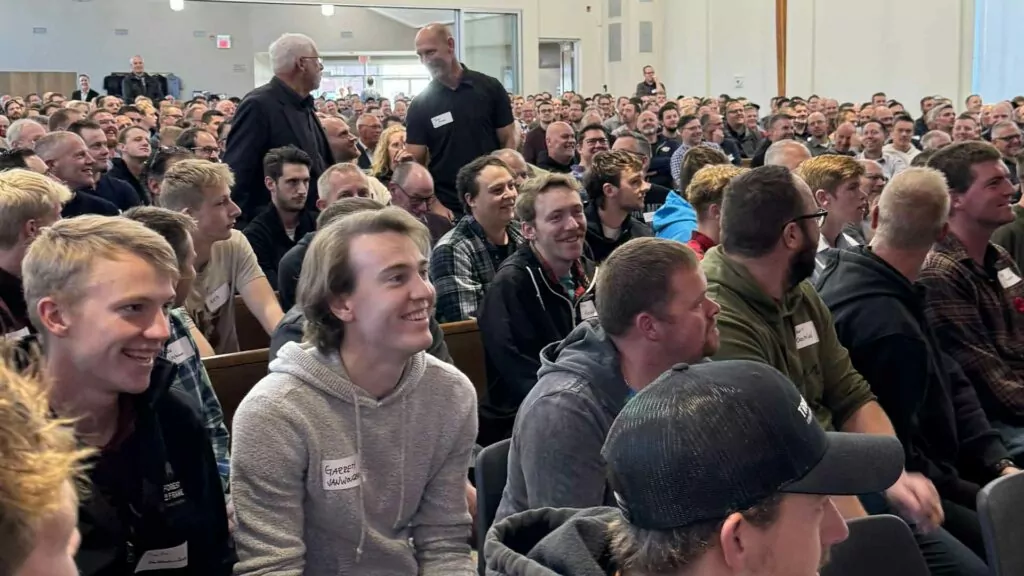We live in a 200-word blog post /140-character tweet /30-second YouTube clip /headline-reading kind of world. People read and watch more than ever, but with this larger volume comes the need to skim and sample. And that means even as we might know about more of what’s going on our knowledge isn’t as deep. And that can cause problems.
What sort of problems? The sort of problems that happen whenever we have facts without context – what we think we know, just isn’t so.
Hearing the other side
Here’s one example: the September issue of the creationist magazine Acts and Facts included a wonderful article on “Our Young Solar System.” It was already a summary itself, giving a broad overview of a vast amount of research, and briefly highlighting 6 different evidences for the solar system’s young age. One problem common with summaries is getting just the one perspective (Prov. 18:17). Author Dr. Jake Hebert does mention secular scientists have objections to the young earth creationist interpretations – he’s fair – but his article doesn’t have the space to get into, let alone respond to, any of those counter-arguments. Prov. 18:17 says that we can make our best assessment when we hear both sides, and summaries don’t always allow for that.
What we know isn’t so
But the bigger problem shows up on the Institute for Creation Research’s website (ICR.org) where the article begins with an even briefer – just 30-seconds long – summary. Viewed on its own, the opening line could leave viewers with a mistaken impression.
“Secular scientists estimate our Solar System is around 4.6 Billion years old, but evidence suggests it’s far younger.”
ICR isn’t suggesting the all the evidence suggests it’s far younger – the article makes that clear. But for the many people who skip the article and watch the video instead, that’s an impression they could leave with. That’s already an impression that many a Christian high school student holds. And should such a student head off to university he’ll be unprepared for the attacks coming his way – he’ll be shocked, and maybe even shaken, to learn there is all sorts of scientific evidence that can be interpreted in support of an older universe.
The problem here isn’t with the ICR video. Maybe it could have been improved with the addition of one word: “…some evidence suggests it’s far younger.” But the article right below it already makes that point.
The bigger problem is our growing habit of ingesting facts without context, of reading just summaries – headlines, tweets, video clips, memes, and more – and believing that we are informed.
There is a place for skimming and for a shallow understanding; we don’t all need to know the ins and outs of jam-making, cricket, or dolphin echo-location. But if a topic matters – if it is something we are going to share with others, debate, and hold strong opinions about – then as servants of the Truth, we need to dig deeper and truly understand. That’s what we need to do to properly reflect and represent the God of Truth (John 14:6).












